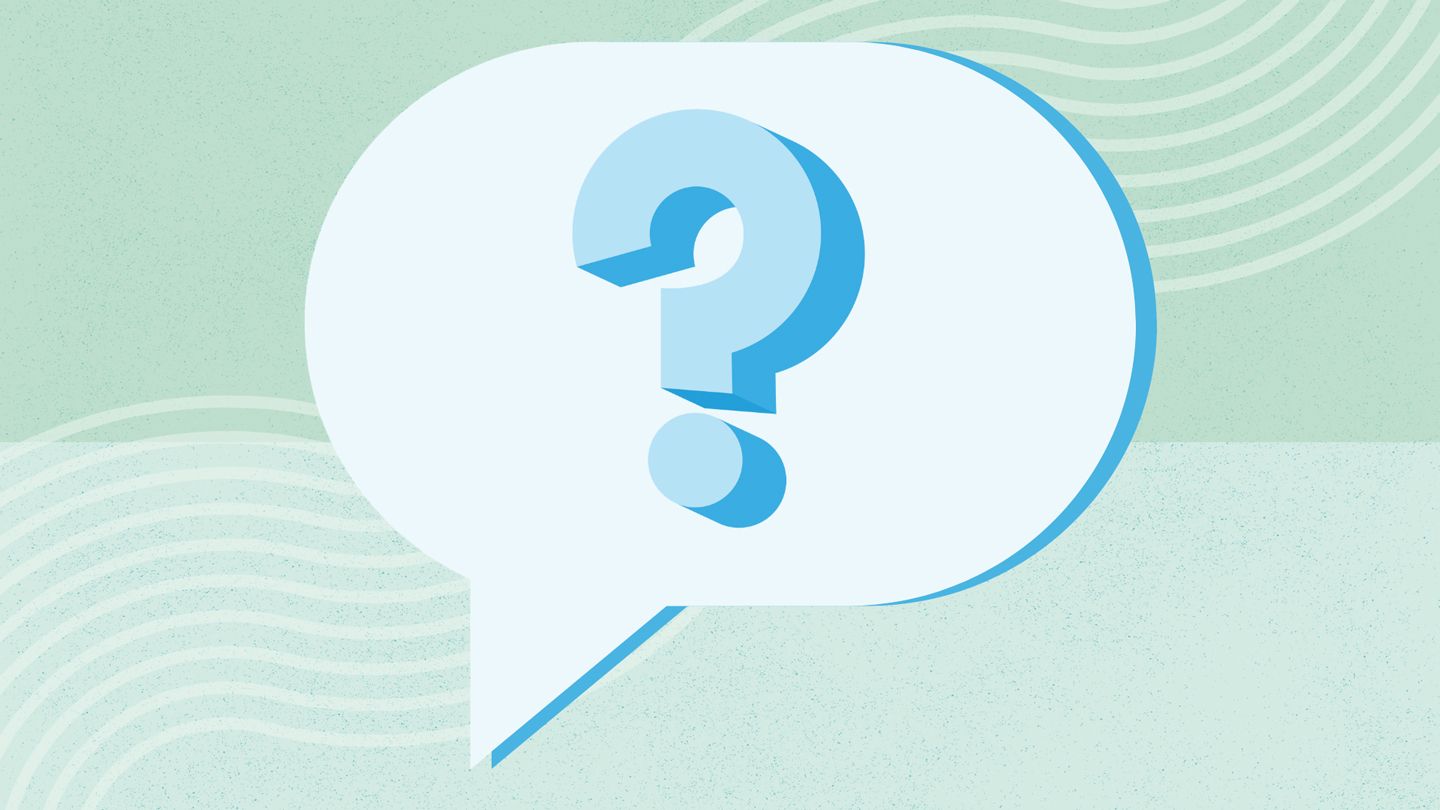Even after you’ve spoken to your doctor, you’ll likely have many questions about managing this chronic condition. Here, two otolaryngologists — the ear, nose, and throat specialists commonly known as ENTs — answer some of the most frequently asked questions about nasal polyps.
1. Are Nasal Polyps Hereditary?
“Unlike purely genetic disorders, such as cystic fibrosis, isolated nasal polyp, or sinus tumors that may mimic the appearance of a nasal polyp, [chronic sinusitis with nasal polyps] is a complex disease with contributions from multiple genes and environmental factors,” he says.
2. Do Asthma and Allergies Cause Nasal Polyps?
Case in point: About half of people with nasal polyps also have asthma, according to the Asthma and Allergy Foundation of America.
“Repeated exposures to allergens and the allergic response can lead to the development of nasal polyps,” says Kanwar Kelley, MD, an otolaryngologist in Orinda, California, and cofounder of Side Health.
3. Can Nasal Polyps Be Dangerous?
Nasal polyps are benign (meaning noncancerous), Dr. Kelley notes. That said, some nasal masses that carry the risk of developing into malignant tumors could be mistaken for polyps. So getting examined by an ENT to confirm the diagnosis is essential.
And even though polyps aren’t cancerous, they are associated with other health complications, such as obstructive sleep apnea, asthma, and cardiovascular conditions, says Dr. Tong. Once your doctor knows you have nasal polyps, they’ll be better prepared to monitor you for these other health conditions.
4. Can Nasal Polyps Cause a Permanent Loss of Smell?
It’s possible to lose your sense of smell, but with treatment, it’s not inevitable. “Polyps can affect a person’s smell, depending on how long they have been dealing with polyps,” says Kelley. “[But] often, there is some recovery of a sense of smell after proper treatment.”
Tong says it’s worth noting, though, that the longer polyps are present, the more your risk of long-term loss of smell increases.
5. Can Eating or Drinking Dairy Make Nasal Polyps Worse?
There’s no real evidence for this. While some research has found that eating a diet including dairy products may be associated with certain nasal symptoms, such as increased mucus secretion, “There is no robust scientific evidence to suggest a link between dairy consumption and nasal polyposis,” says Tong.
6. Can Nasal Polyps Make Colds Worse or Make Them Last Longer?
Cold and flu season could definitely feel more intense if you have polyps. “While not likely to affect the length of a cold, the presence of nasal polyps will make colds feel worse,” says Kelley. That’s because the sickness-induced nasal inflammation, combined with the physical polyp itself, can heighten symptoms, Kelley explains.
7. Will Nasal Polyps Go Away on Their Own?
Unfortunately, they’re unlikely to resolve without treatment. And while they do fluctuate in size, they tend to grow, says Tong. Keep in mind, that doesn’t mean the effective treatment of polyps must include surgery, says Kelley. “Medical treatment to control nasal allergies may help reduce the size of the polyps over time,” he says. “This includes saline sinus washes, nasal steroids, oral medication, and other strategies used to manage allergies.”
The Takeaway
- Nasal polyps are often associated with other health conditions, such as asthma.
- While effects of nasal polyps can be wide ranging and affect you long term, proper treatment can help you manage symptoms.
- Seeking care from an otolaryngologist, or ENT, is crucial to rule out similar conditions and make sure all aspects of your health are being adequately monitored.
Read the full article here




